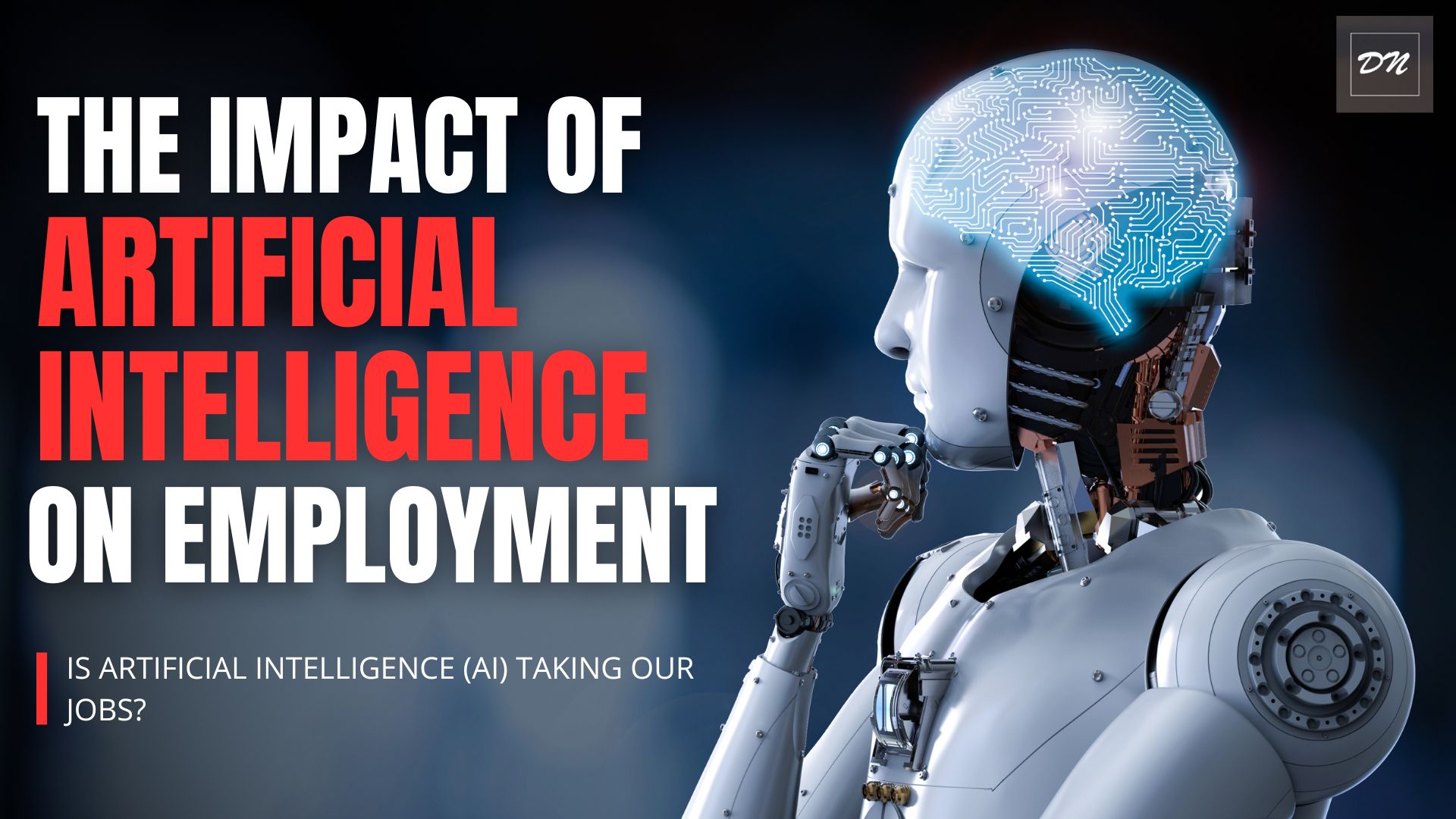
In recent years, the rise of artificial intelligence (AI) and natural language processing technologies has sparked a debate about their impact on the job market. ChatGPT, powered by advanced AI algorithms, is one such innovation that has raised questions about whether it is taking away jobs from humans. We will explore the implications of ChatGPT and AI on employment and how businesses can adapt to this evolving landscape.
The Rise of ChatGPT and AI
ChatGPT is a product of OpenAI, designed to generate human-like text based on the input provided. It can be used for various applications, including content generation, customer support, and even creative writing. AI technologies like ChatGPT are rapidly evolving, enabling them to perform tasks that were once the exclusive domain of humans.
The Impact on Jobs
- Automation of Routine Tasks: One of the primary concerns is that AI, including ChatGPT, can automate routine and repetitive tasks. Jobs that involve data entry, basic customer inquiries, and content creation for specific niches are increasingly being performed by AI-powered systems. This can lead to a reduction in demand for these positions.
- Enhancing Human Productivity: While AI can automate certain tasks, it can also enhance human productivity. By taking care of routine tasks, employees can focus on more strategic and creative aspects of their work. This can lead to higher job satisfaction and improved job performance.
- Emergence of New Roles: The adoption of AI often creates new job roles. Businesses need experts to implement and maintain AI systems, data analysts to interpret AI-generated insights, and content editors to refine AI-generated content.
Adapting to the AI Revolution
To thrive in an AI-driven world, businesses must adapt and embrace the opportunities presented by AI technologies.
- Reskilling and Upskilling: Companies can invest in training and upskilling their employees to equip them with the skills necessary to work alongside AI. This includes proficiency in data analysis, AI system management, and creativity in content refinement.
- Strategic Use of AI: Businesses can strategically deploy AI to augment human capabilities. For instance, AI can analyze vast datasets to provide insights, but it takes human judgment to make informed decisions based on those insights.
- AI Ethics and Governance: As AI becomes more integrated into business processes, it is crucial to establish ethical guidelines and governance frameworks. This ensures responsible AI use and maintains public trust.
- Focus on Creativity and Innovation: Humans excel in creativity, innovation, and emotional intelligence – areas where AI currently lags behind. Encouraging employees to explore these aspects of their work can create a competitive edge.
Conclusion:
ChatGPT and AI technologies are transforming the job market, automating some tasks while creating new opportunities in others. Digital Netsol, a digital marketing company in Bangalore, India, understands the importance of embracing AI as a tool to enhance business capabilities. By focusing on reskilling, strategic AI integration, ethics, and fostering creativity, businesses can thrive in the evolving landscape of AI and employment.
Happy Marketing!